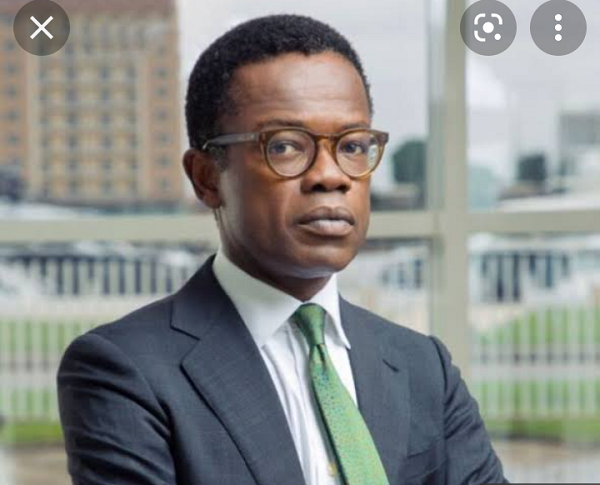Mr. Olumide Adeosun, CEO Ardova Plc and MOMAN Chairman
-By Felix Douglas
Emphasising on Nigeria’s downstream sector in a panel session, Chairman of Major Marketers Association of Nigeria (MOMAN) and Chief Executive Officer of Ardova Plc, Mr. Olumide Adeosun, made his point clearly that Nigeria needs a convincing framework to drive the energy sector.
He made his remarks at a panel session on downstream at the Nigeria Oil and Gas Conference held in Abuja.
Adeosun gave example of the telecommunication industry that there is a frame work which the country is completely enjoying the benefits. “If we think about the telco sector looking at where we were few years ago to where we are today, we have moved a little from being the least telco country in the world. One phone system by one hundred thousand people probably the most telco country in the world, am sure everybody has multiple SIM cards even though they don’t have phones.”
“We are very good at leapfrogging and that is the benefit of what is happening today. If we look at the energy sector, the downstream as a test case which is comprised of two slot of players, the government as a major player owned strategic legacy infrastructure which includes: tank farms, pipelines and all core assets which make up the downstream aspect.”
Government owns pipelines and most of the strategic depots and hubs with insignificance in terms of renewables.
“If we look at all these in terms of development, it is absolutely critical that we recognise today, the way the downstream is structured, government cannot fund it, this is not a criticism but harsh reality because there are other aspects of government within the energy space that are demanding a lot of resources.”
Adeosun advocated for a workable investment climate. For instance, the Ministry of Trade and Investment is doing good work in terms of improving ease of doing business in Nigeria, a target that the country must not relent on.
The MOMAN Chairman believed that part of the reasons why investors are leaving Nigeria is due to frothy investment framework which needs tectonic improvement. “There are too much barriers in doing business in such an opportunity laden climate like Nigeria.”
In the downstream sector, assets are totally controlled by government, the jetties, pipelines and tank farms. The easiest way as it is in other climes, would have been to allow private sector participation.
What does private sector participation do? It creates the right opportunity and framework for investors to driver the sector. This will lessened government’s priority while it focused on cogent issues. Government or its agency’s involvement may not augur well for business to thrive.
Adeosun lauded the move to make the Nigerian National Petroleum Company limited (NNPC) a private entity devoid of government’s interference. “With what we are seeing like NNPC limited, this move to becoming a private sector participant, only makes further sense because it is absolutely the right way to go.”
The Ardova Plc boss said the renewable space is still decoupled from main conversation in terms of energy.
However, the Petroleum Industry Act (PIA) is focused on oil and gas.
“The company that I represent and MOMAN members are focused on how to introduce renewables into our energy mix in what we do because it is actually critical for the future and part of the challenge that we have as a sector today is that it is a frontier and the real book isn’t clear, therefore, framework for investment is unclear.”
According to Adeosun, there are investors and business partners who are willing to participate with interest in renewable space and aspiration also for oil and gas, but lack of regulatory framework hampers progress. Hence, there should be virile regulatory framework for business to thrive in Nigeria.


Comment here